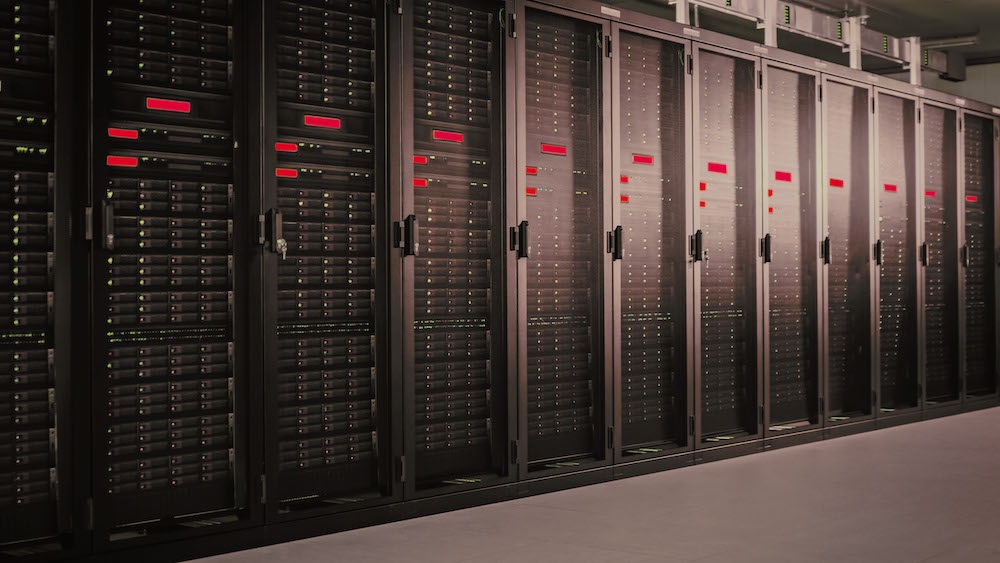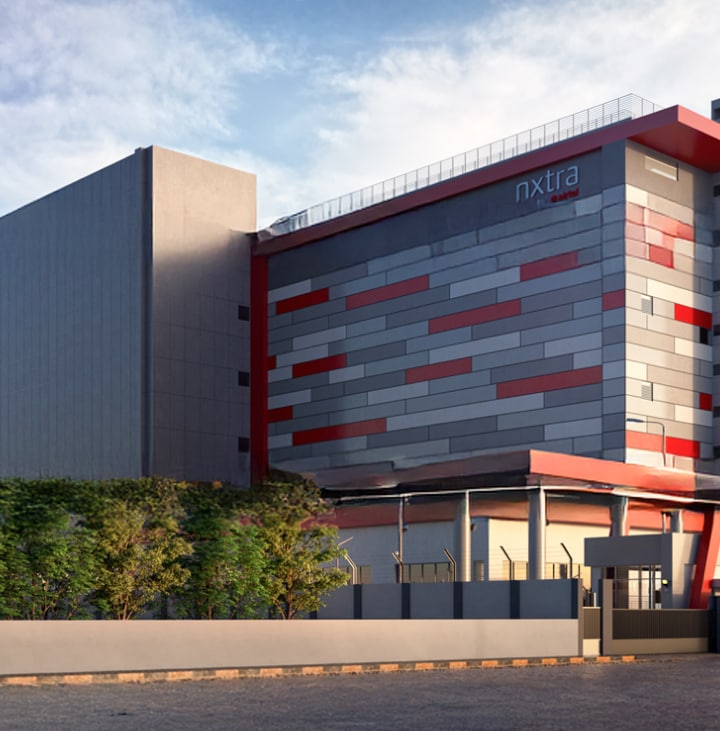Building a Diverse Workforce in India’s Data Center Industry
The data center industry in India is growing, fueled by the rapidly evolving digital landscape, government policies, and a surge... more


The data center industry in India is growing, fueled by the rapidly evolving digital landscape, government policies, and a surge... more

India is experiencing unprecedented growth in data consumption & cloud adoption with a definite & industry agnostic shift towards infusing... more

The Need for Data Centres In today's digital age, businesses heavily rely on data for decision-making, operations, and customer interactions.... more

Imagine trying to keep pace in a world that’s moving faster than ever before—where technology is advancing at lightning speed,... more

Let’s cut to the chase—data centers are the backbone of our digital world. Whether you’re streaming your favorite show, shopping... more

